Launching an online brand hinges on one critical decision: selecting the right e-commerce platform. Choosing from the top ecommerce platforms isn't just about building a website; it's about establishing the backbone for your entire business – from secure transactions to seamless inventory management and effective marketing.
Feeling overwhelmed by options like Shopify, WooCommerce, Zoho Commerce, and more? You're not alone. This guide cuts through the complexity, providing a clear roadmap to understanding the essential features, evaluating costs, and ultimately pinpointing the platform that will empower your brand's growth.
Ready to transform your product ideas into a thriving online store? Let's dive into the world of top ecommerce platforms and unlock the perfect fit for your business success.
Best Ecommerce Website Builders
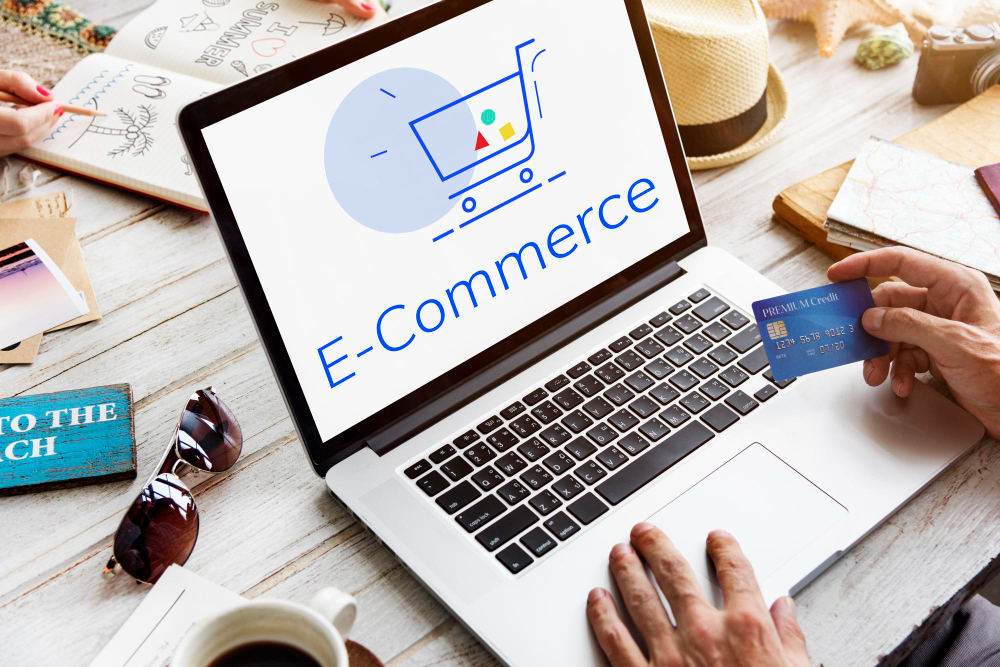

We've curated a list of the best ecommerce website builders, each with its own strengths and catering to different business needs. Consider this your starting point for exploring the platforms that could be the perfect engine for your online brand:
- Snapstore - Powered by Printfuse: A platform specializing in print-on-demand services, providing a streamlined solution for selling custom-designed products.
- Zoho Commerce: Part of the Zoho suite, offering integration with other business applications and a range of features for online selling.
- Shopify: A popular and user-friendly platform known for its ease of use, extensive app store, and robust marketing tools.
- WooCommerce: A flexible, open-source plugin for WordPress, offering unparalleled customization and a large community for support.
- Wix.com: A website builder with strong e-commerce capabilities, known for its drag-and-drop interface and design flexibility.
- BigCommerce: A scalable platform with a focus on built-in features and enterprise-level functionality, suitable for growing businesses.
Features Checklist: What to Look for in Top Ecommerce Platforms
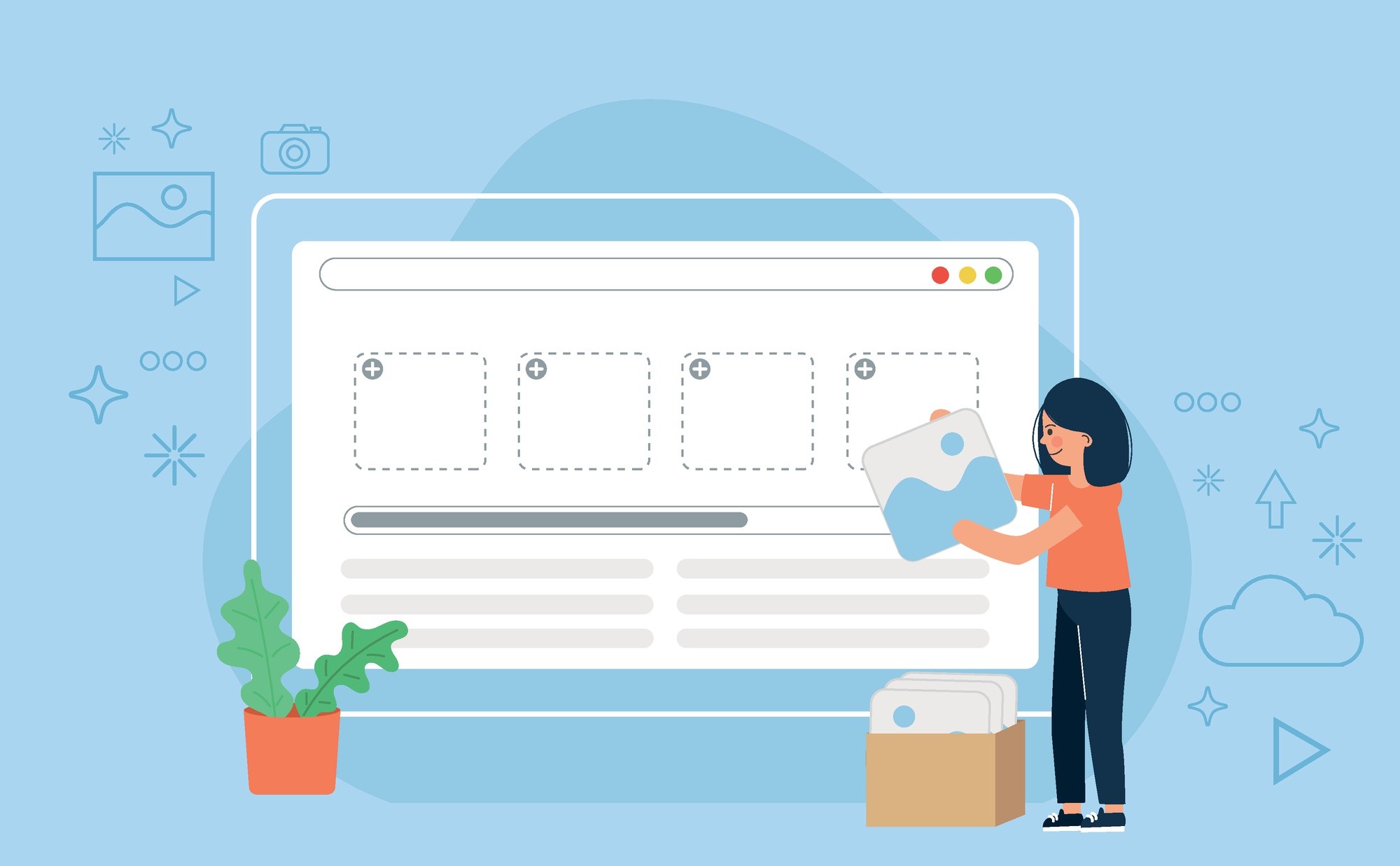

Secure, Reliable Checkout and Payment Gateways
Your platform must offer secure payment processing and diverse options like Stripe and PayPal. Look for SSL certification and PCI compliance to build customer trust and ensure smooth transactions.
Online and Offline Selling Capabilities
Consider platforms with POS integration for omnichannel sales, syncing inventory between online and physical channels. This expands your reach and provides flexibility in how you sell your products.
AI Assistance
Explore platforms with AI chatbots for customer support and tools for product descriptions or recommendations. AI can enhance efficiency and personalize the customer experience.
Reliable Hosting Environment
Opt for platforms with fast loading speeds, free SSL certificates, and automatic backups. A reliable hosting environment is crucial for performance and security.
Robust Inventory Management and Shipping Tools
Your platform should track inventory, offer low-stock alerts, and integrate with shipping carriers. Efficient inventory and shipping are vital for smooth operations.
Marketing and Customer Growth Tools
Look for SEO tools, email marketing integration, and social media connectivity. Effective marketing features help you attract and retain customers.
Security Features
Ensure the platform offers data encryption and protection against fraud. Strong security measures are essential for protecting your business and customers.
Business and Financial Management Features
Seek features like sales tracking, reporting, and integration with accounting software. Good financial management tools provide insights into your business performance.
Support
Consider the availability of live chat, email, and phone support, along with documentation. Reliable support is crucial when you need assistance.
Key Considerations for B2B Brands When Selecting an Ecommerce Platform


Account Management
The platform should allow for multiple users within customer organizations with varying permissions. This simplifies ordering for B2B clients.
Bulk Ordering and Pricing
Functionality for bulk purchases and tiered pricing is essential for B2B transactions. Look for platforms that can handle complex pricing structures.
Quoting and RFQ
The ability to generate and manage quotes is often a necessity in B2B sales. Platforms with built-in quoting features streamline this process.
Custom Catalogs and Pricing
Some B2B clients may require specific product catalogs or pricing. Ensure the platform can accommodate these customizations.
Net Terms and Invoicing
Offering credit terms and generating professional invoices are standard B2B practices. Check if the platform supports these features.
Integration with CRM/ERP
Seamless integration with systems like Salesforce or SAP is crucial for many B2B operations, ensuring data consistency.


Start selling custom products online with Printfuse.
Create a snapstore and sell products instantly!
Best Ecommerce Website Building Platform: A Closer Look
Zoho Commerce
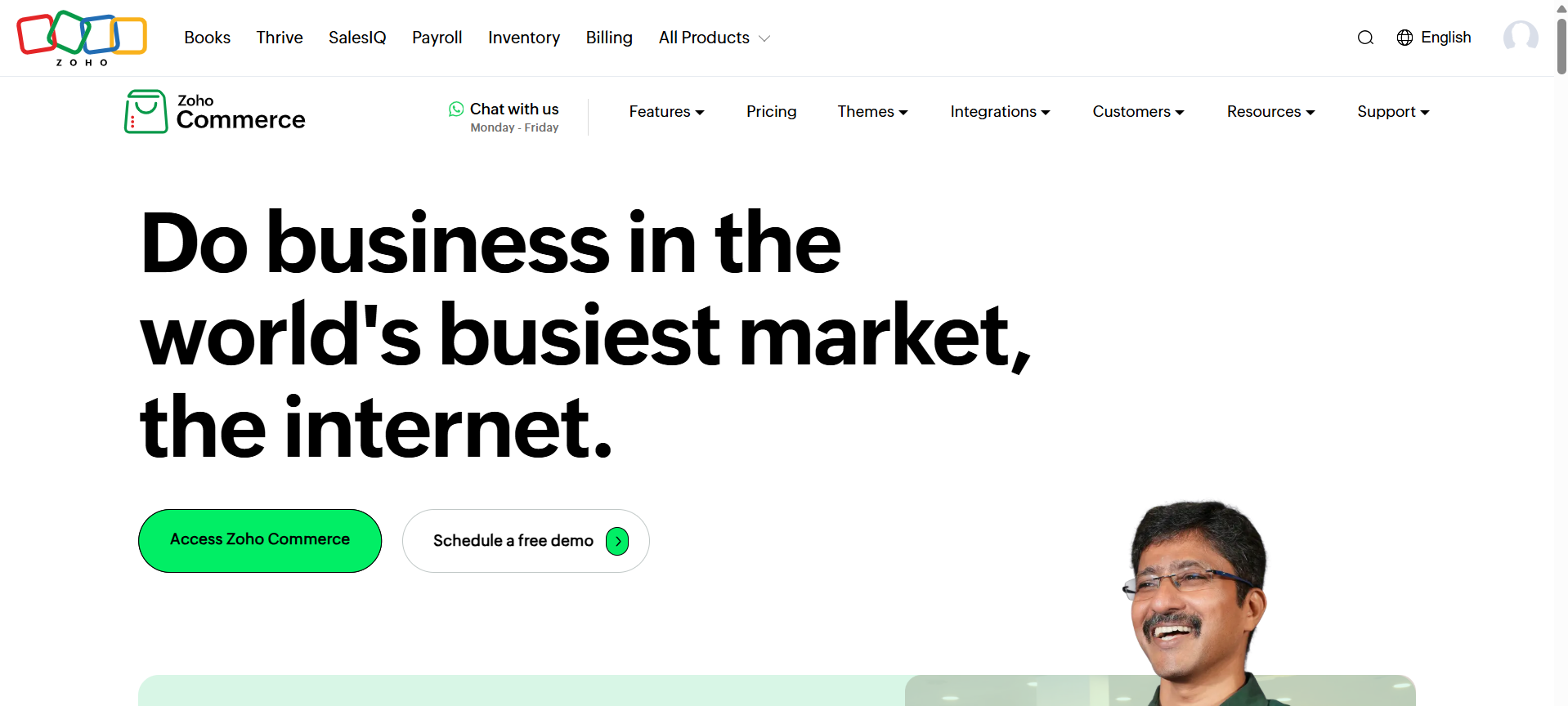

Maintaining consistent product quality across various suppliers and products can be challenging, necessitating thorough testing and quality control measures. Shipping and fulfillment issues, such as delays and damages, can impact customer satisfaction, emphasizing the importance of reliable suppliers and transparent communication.
Providing prompt and effective customer service is essential for building customer loyalty, especially when dealing with personalized products. Finally, navigating copyright and intellectual property laws is crucial to avoid legal issues and protect your designs.
Main features:
- Tight integration with Zoho ecosystem
- Multi-channel selling capabilities
- Drag-and-drop website builder
- Order and inventory management
- Marketing tools included
Pricing:
Starter: Rs. 999 per month
Professional: Rs. 2,999 per month
Advanced: Rs. 6,999 per month
Snapstore - Powered by Printfuse
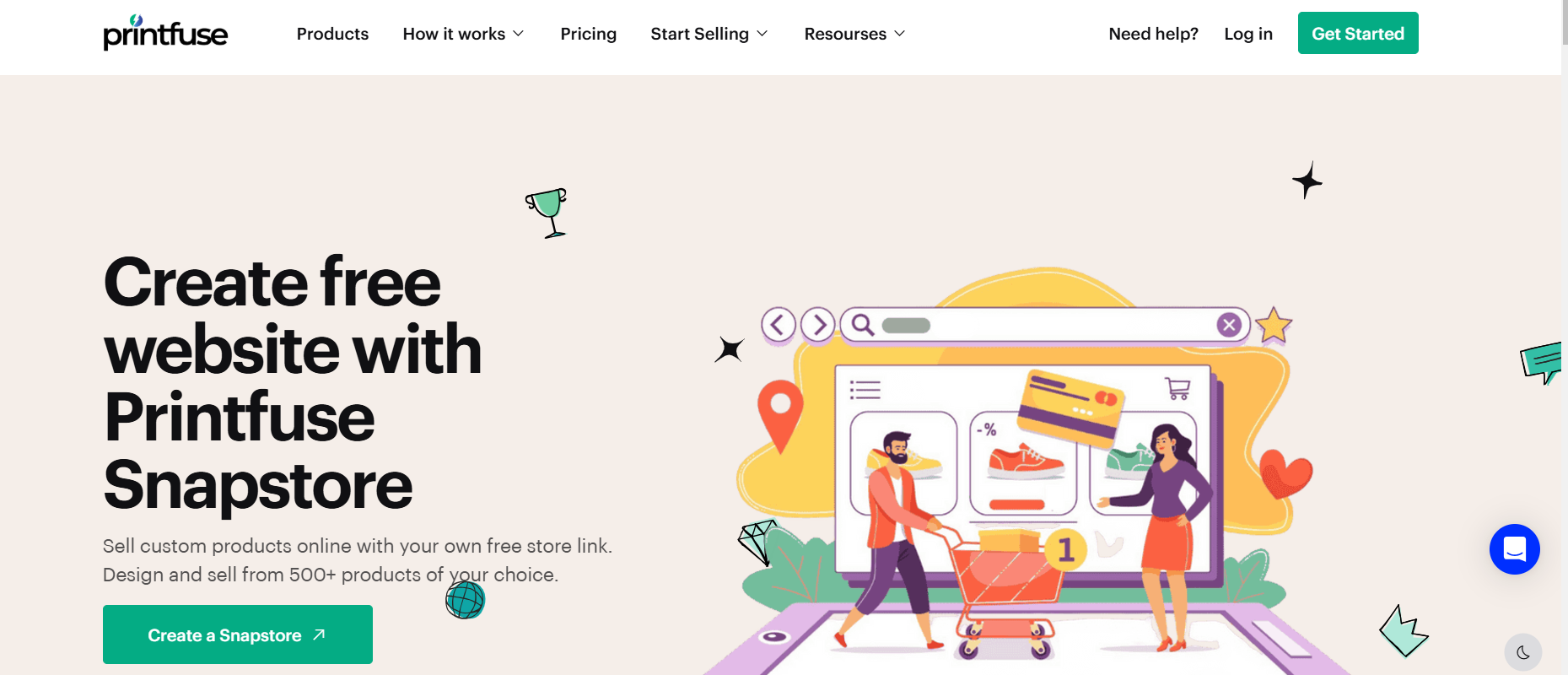

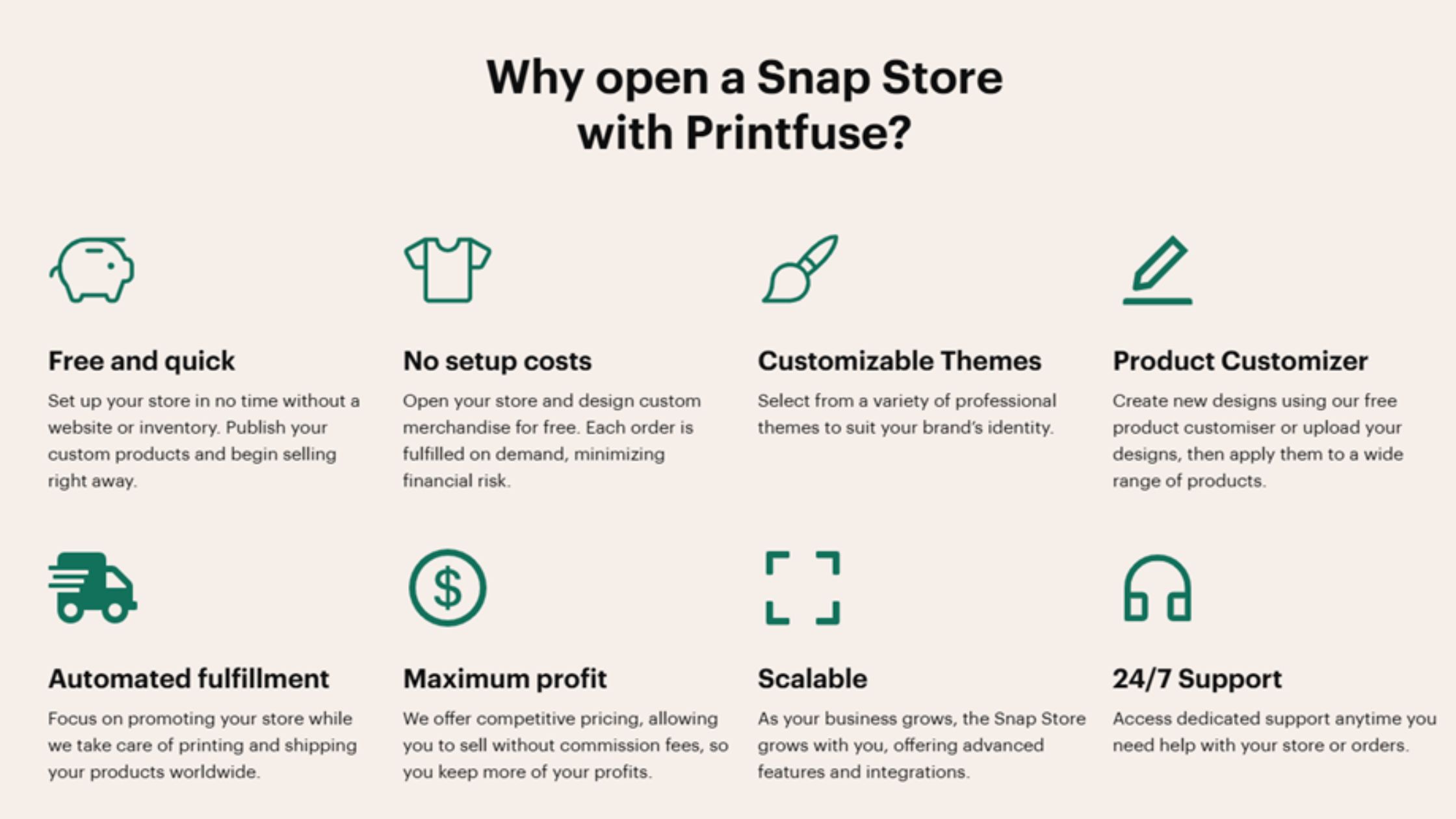

Main features:
- Seamless integration with print providers
- Automated order fulfillment for custom products
- Design tools for product personalization
- No upfront inventory costs
- Easy setup for print-on-demand businesses
Pricing:
Free plan includes all features
Premium plan: Rs. 1499 per month (includes product and shipping discounts)


Start selling custom products online with Printfuse.
Create a snapstore and sell products instantly!
Shopify


Main features:
- Fast and reliable checkout
- Powerful point of sale (POS) system
- Built-in marketing tools to reach new leads
- Integrated inventory management
- Ability to track payments
Pricing:
Basic: ₹1,499/month
Shopify: ₹5,599/month
Advanced: ₹22,680/month
Plus: ₹1,75,000/month
WooCommerce
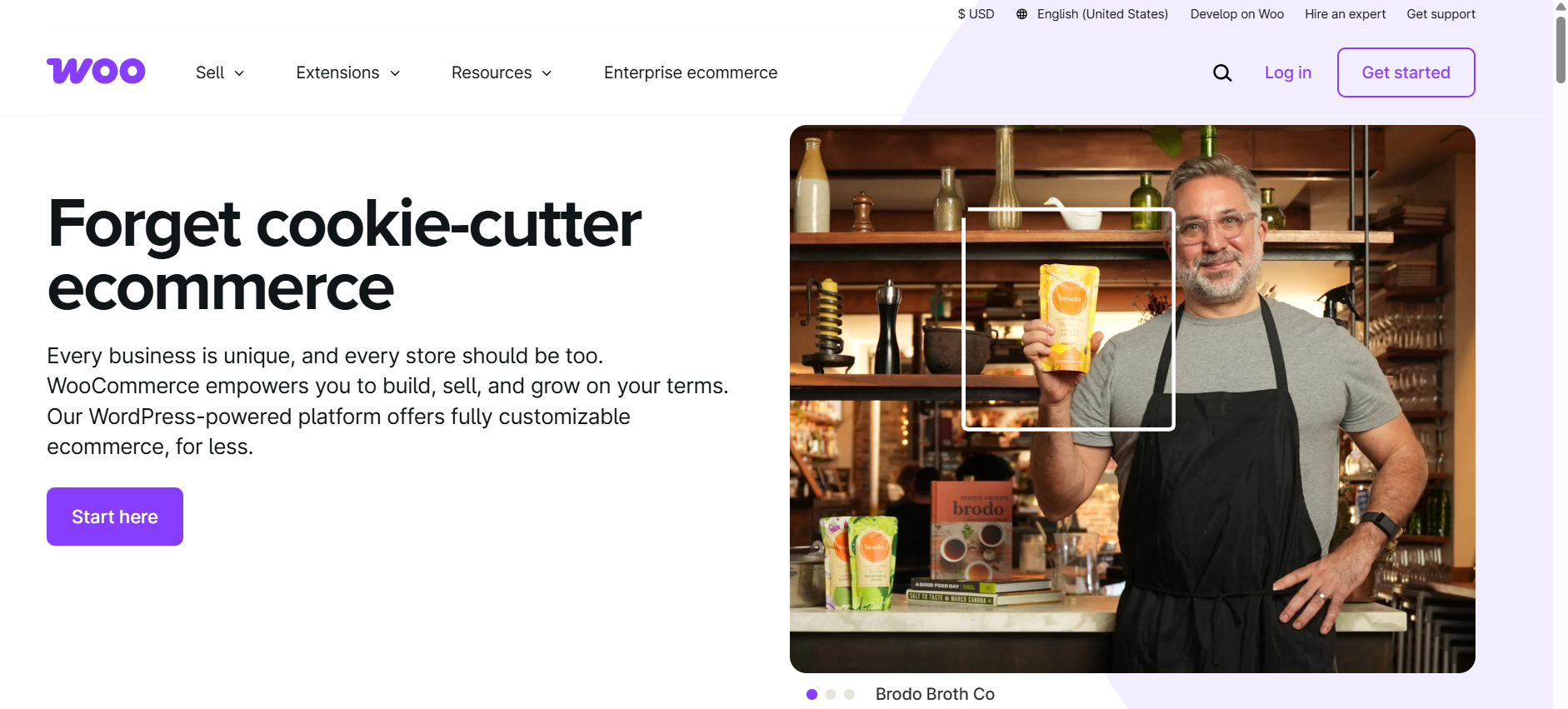

Main features:
- Highly customizable and flexible
- Leverages the power of WordPress
- Large community support and resources
- Extensive range of plugins and themes
- Suitable for various business sizes and complexities
Wix.com
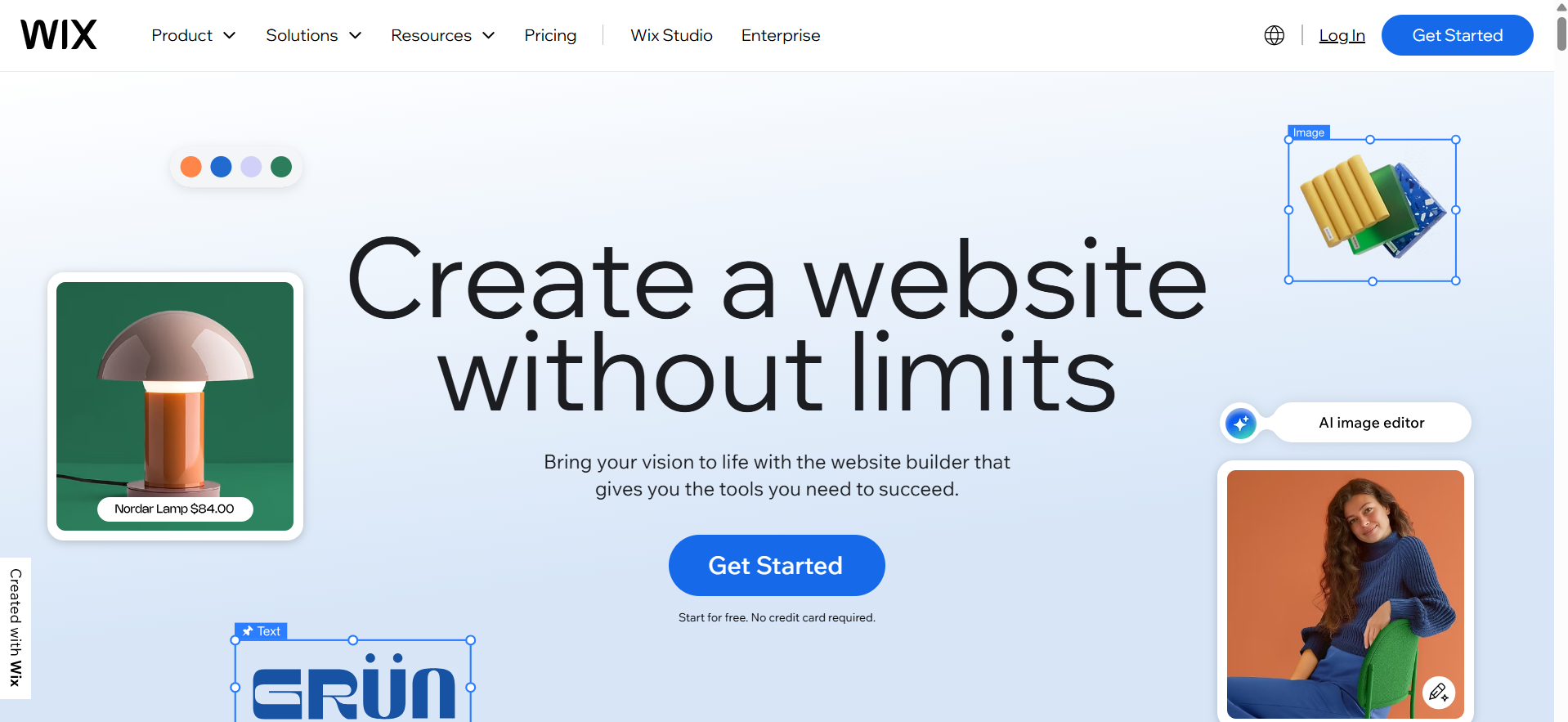

Main features:
- Intuitive drag-and-drop website builder
- Wide selection of design templates
- Integrated e-commerce functionalities
- Tools for managing products and orders
- Built-in marketing features
Pricing:
Business: Rs. 999 per month
Business Elite: Rs. 1800 per month
Core: Rs. 500 per month
Light: Rs. 250 per month
BigCommerce
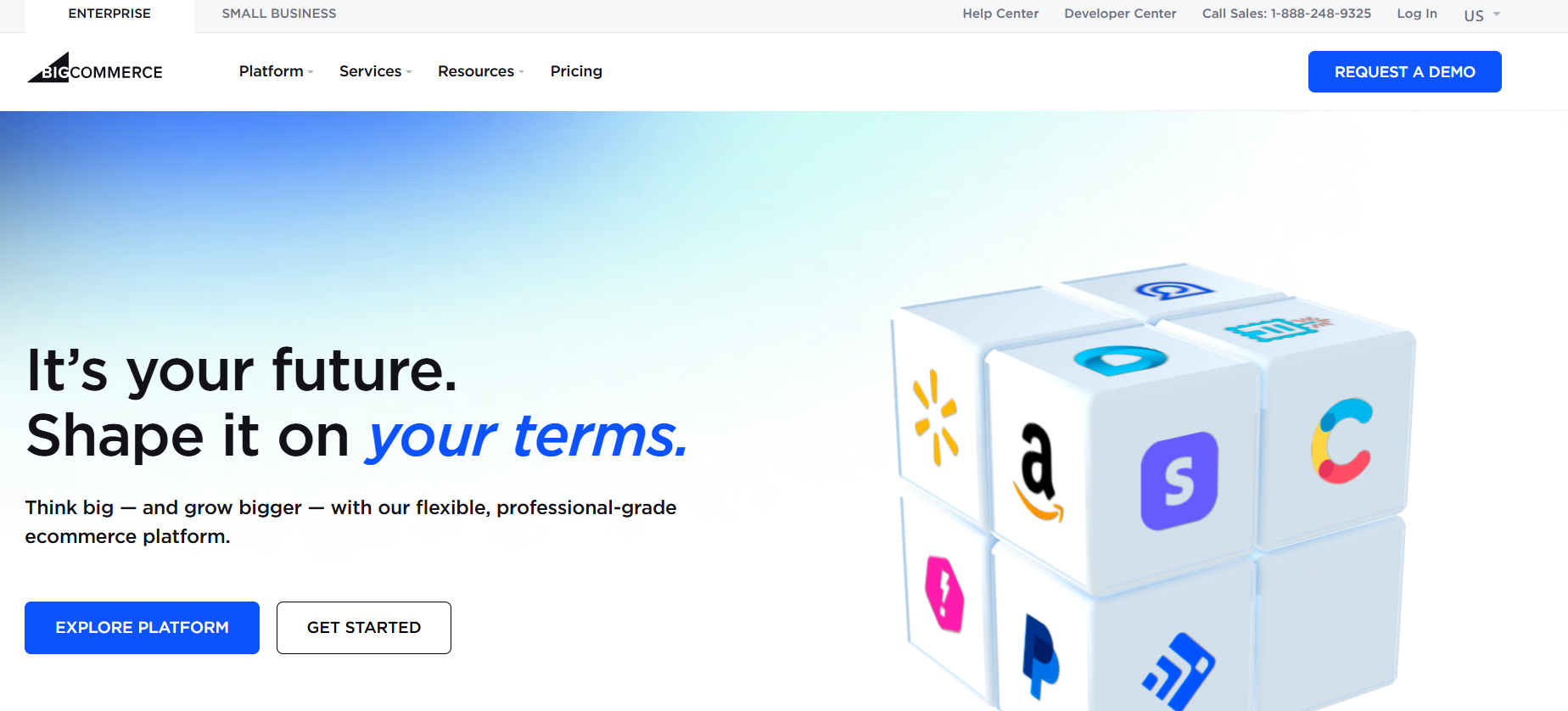

Main features:
- Scalable platform for growing businesses
- Robust built-in features, reducing reliance on apps
- Strong SEO and marketing capabilities
- Advanced features for B2B sales
- Multi-channel selling integrations
Pricing:
Plans start at $29 per month when billed annually.
Odoo
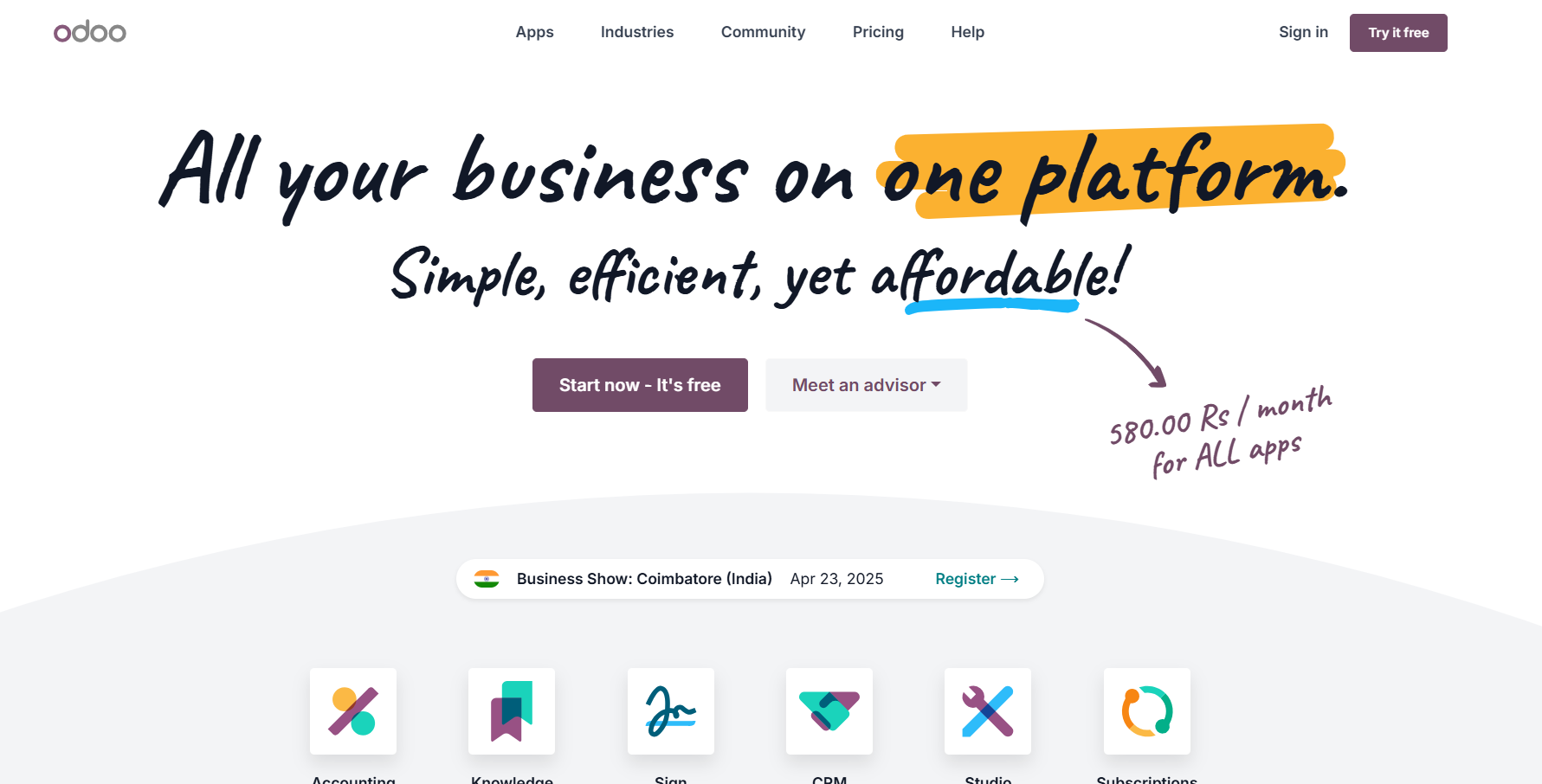

Main features:
- Integrated e-commerce with other business modules
- Comprehensive suite of business applications
- Tools for website building and product management
- Order and inventory synchronization
- Scalable solution for various business needs
OpenCart
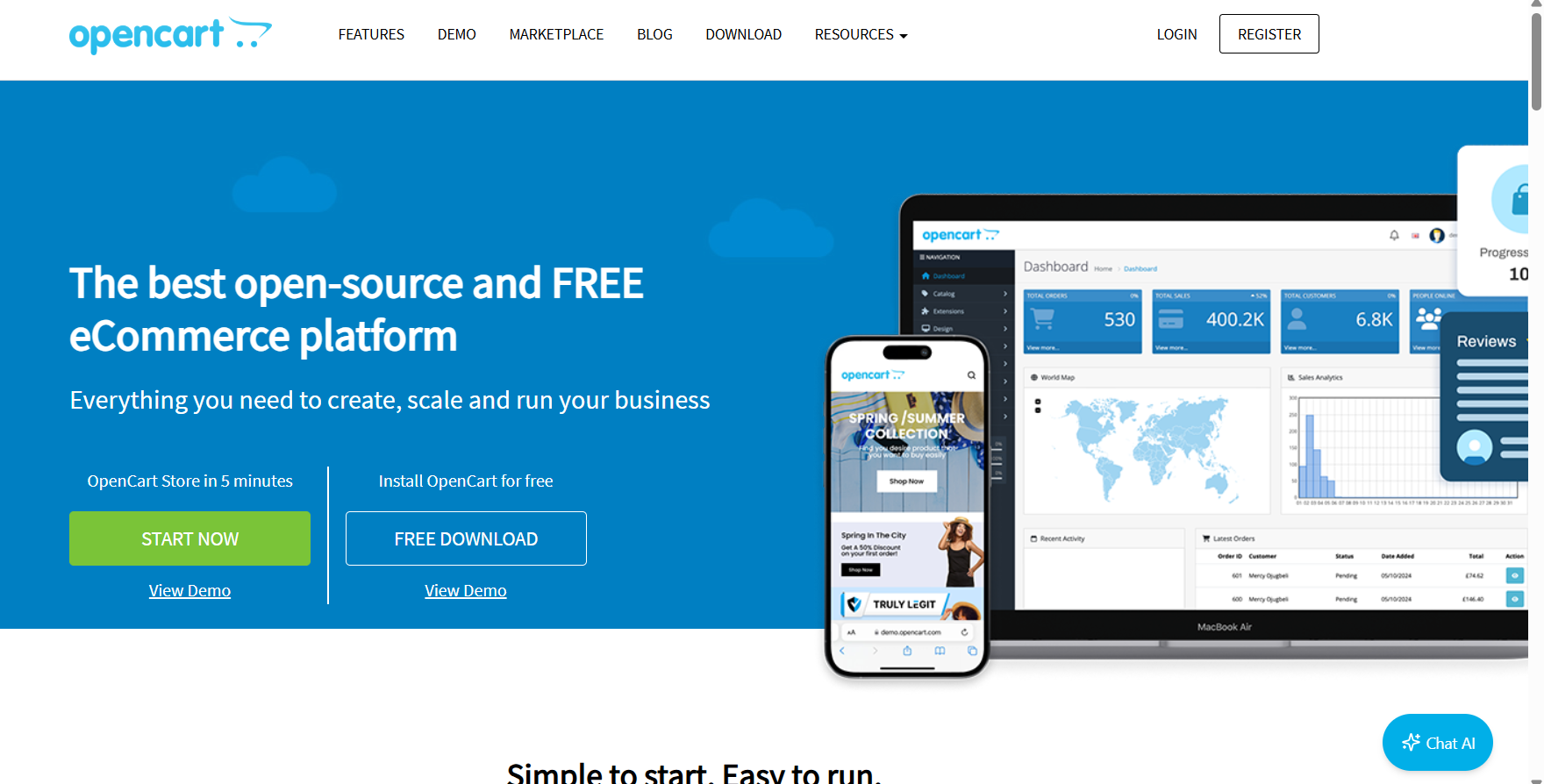

Main features:
- Cost-effective open-source platform
- Good range of features and extensions available
- Customizable design and functionality
- Suitable for various business sizes
- Active community support
Unicommerce
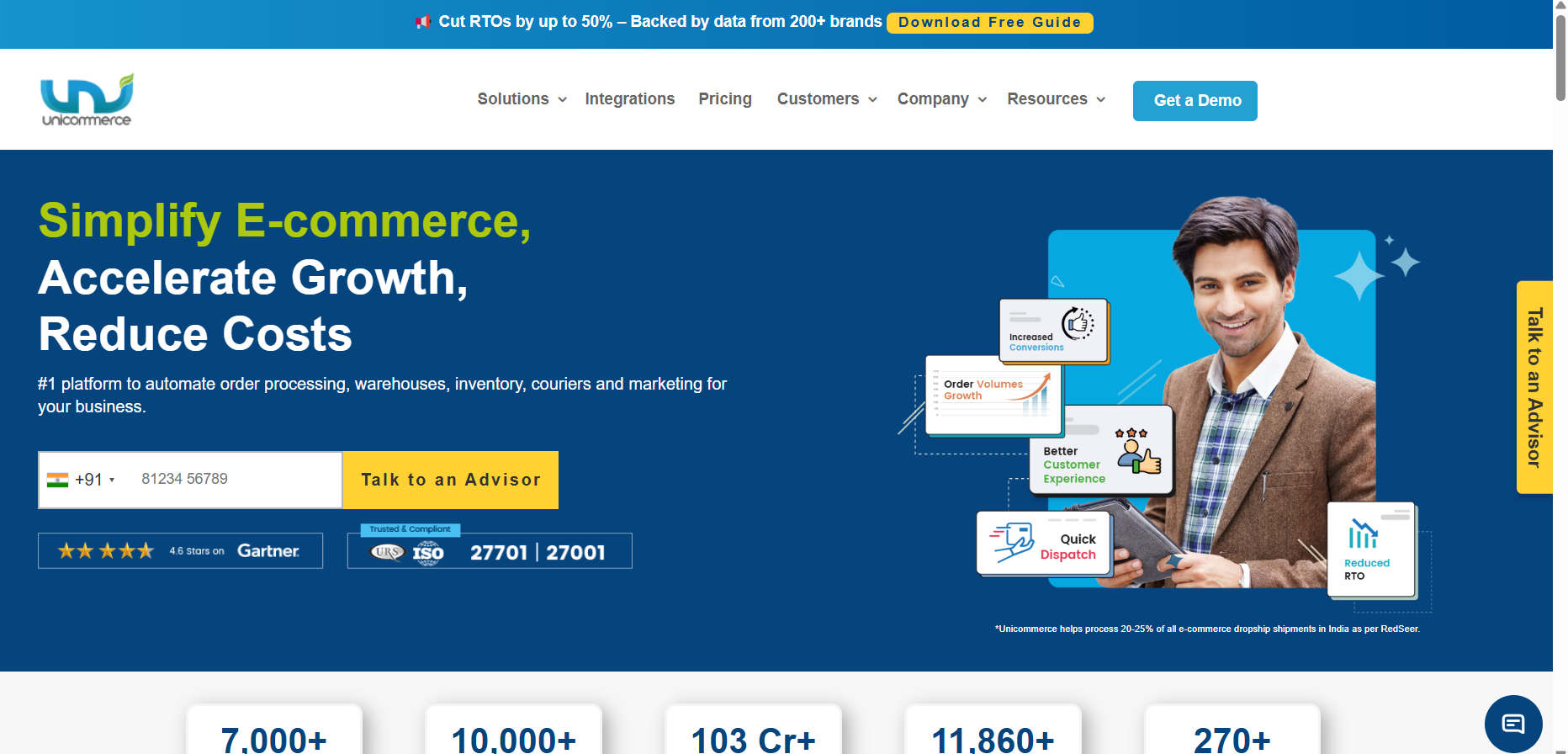

Main features:
- Strong focus on order fulfillment and warehouse management
- Multi-channel order processing capabilities
- Inventory management across multiple locations
- Integration with various shipping carriers
- Designed for businesses with complex logistics
Pricing:
Plans start at $35 per month billed annually.


Start selling custom products online with Printfuse.
Create a snapstore and sell products instantly!
Conclusion
Remember, the "best" e-commerce platform isn't a universal solution; it's the one that aligns most effectively with your unique business goals, target audience, product offerings, and technical capabilities. Take the time to thoroughly assess your requirements, explore the options we've discussed, and consider leveraging free trials or demos to get a hands-on feel for different platforms.
Ultimately, your e-commerce platform is more than just a website builder – it's a partner in your online journey. By making an informed decision, you'll be well-equipped to build a thriving online store and connect with customers in the ever-evolving digital marketplace. Choose wisely, and embark on your e-commerce adventure with confidence!


Start selling custom products online with Printfuse.
Create a snapstore and sell products instantly!
Frequently Asked Questions
-
What is the most popular e-commerce platform?
Determining the most popular e-commerce platform can depend on how you measure it (e.g., number of merchants, transaction volume). However, platforms like Shopify and WooCommerce consistently rank among the most widely used globally. Shopify boasts a large number of active merchants, while WooCommerce, being an open-source plugin for WordPress, powers a significant portion of online stores.
-
Which is the best platform to build an e-commerce website?
The "best" platform is subjective and depends entirely on your individual business needs. Factors like your budget, technical skills, the size and complexity of your product catalog, and your growth plans will influence which platform is the right fit for you. Consider the features discussed in this guide and align them with your specific requirements.
-
What is better than Shopify?
Again, "better" is subjective. While Shopify is a popular and robust platform, alternatives like WooCommerce offer greater customization and control (though require more technical expertise). BigCommerce often provides more built-in features for scaling businesses. The ideal alternative depends on what you find lacking in Shopify for your specific needs.
-
Which is the best platform for online shopping?
This question is a bit different as it refers to where consumers shop, not where businesses build their stores. The "best" platform for online shopping from a consumer perspective often comes down to factors like product selection, pricing, user experience, and trust. Major marketplaces like Amazon and eBay, as well as individual brand websites built on platforms like Shopify, WooCommerce, etc., are popular choices.







